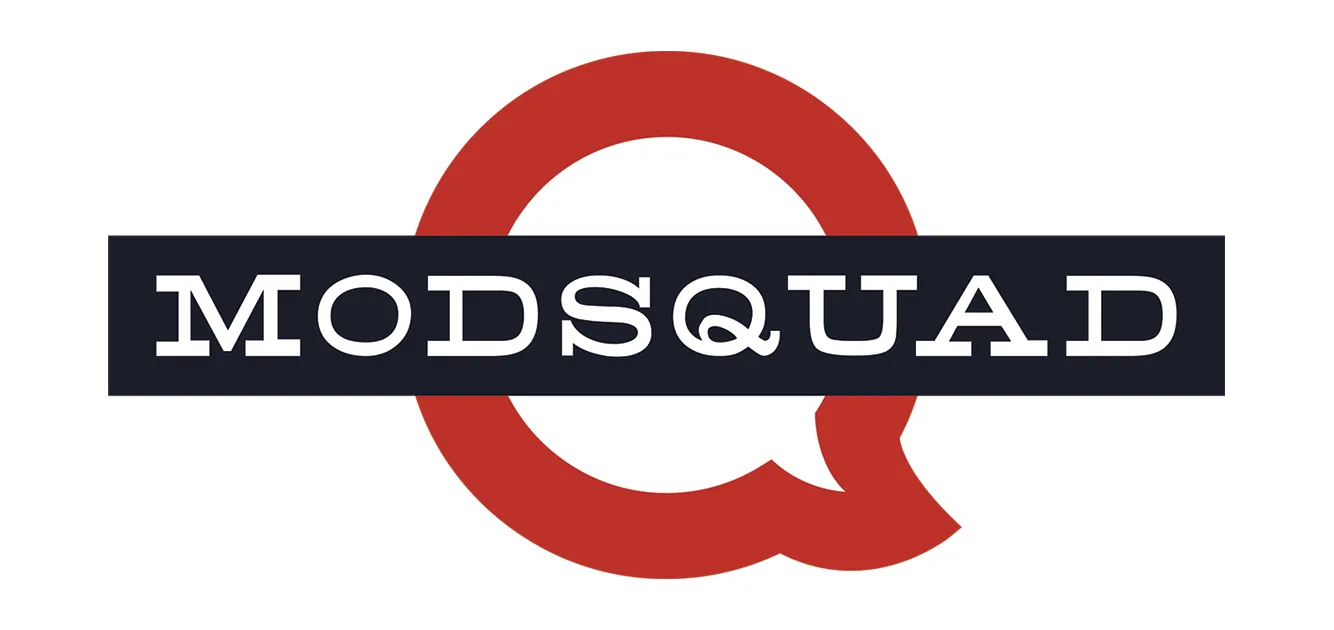
Your Community, Not Just Your Consumers
By Sanya Weathers
The title of today’s post isn’t just the theme of my life’s work – it’s from a fascinating article of where the real money is in the music industry. Check it out. Basically, the answer is touring, and a look at the big rainmakers in North America is revealing.
In North America, the Dave Matthews Band pulled in nearly twenty two million more dollars than Lady Gaga did, and I promise you their net was higher. Dudes in jeans standing around singing just don’t run up the same kinds of costs as trapezes, fifty costume changes, and for all I know, live sharks.
When you look at the global chart the numbers get even more interesting. Lady Gaga, to keep using her as an example, grossed 133 million. The boys made 77. But their ticket prices were lower, and she played 138 shows to their 82.
They did less work with fewer props and kept more of the money. The Dave Matthews Band has not been trendy since flannel was. How’d they arguably make more money than Lady Gaga?
The answer, according to this article, is that they’ve taken a page from the Grateful Dead playbook, and have been “treating…their fans like members of a community rather purchasers of a product.”
What’s this got to do with internet entertainment? Whether we like it or not, microtransactions have taken over internet entertainment. Subscription models can be profitable, but in many cases not as profitable as a cash shop of some flavor. The trouble is, cash shops have a tendency to make people feel like cows being lined up for milking. They don’t like it. If you don’t manage the experience (or make a game so fabulous and so addictive that the customers are willing to moo), you’ll find more turnover and less long term loyalty than you did with a subscription model.
Wouldn’t it be nice to make more money AND have long term loyalty for your product?
My take:
– Find out what the market will bear, and don’t charge that much. Get the word out that you want the barrier to entry to be low.
– Collaborate with your customers. Support their efforts to build tools, websites, and anything else that adds to the experience of being part of your community.
– If someone makes the equivalent of a bootleg to pass to friends, don’t freak out. You don’t want people selling bootlegs, you want them to share the bootlegs, so more people will want to come to the source. That would be you. Learn to tell the difference between a counterfeiter and a passionate fan.
– Get out of the studio and out among the people. That’s what touring is all about – an immediate and personal connection. Identify ways to forge those connections yourself, and don’t worry, you don’t need live sharks or naked backup dances. You can just hang out in your jeans.

